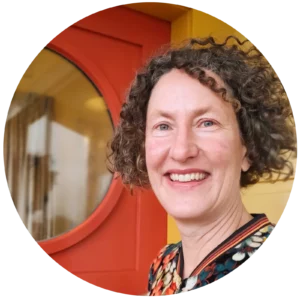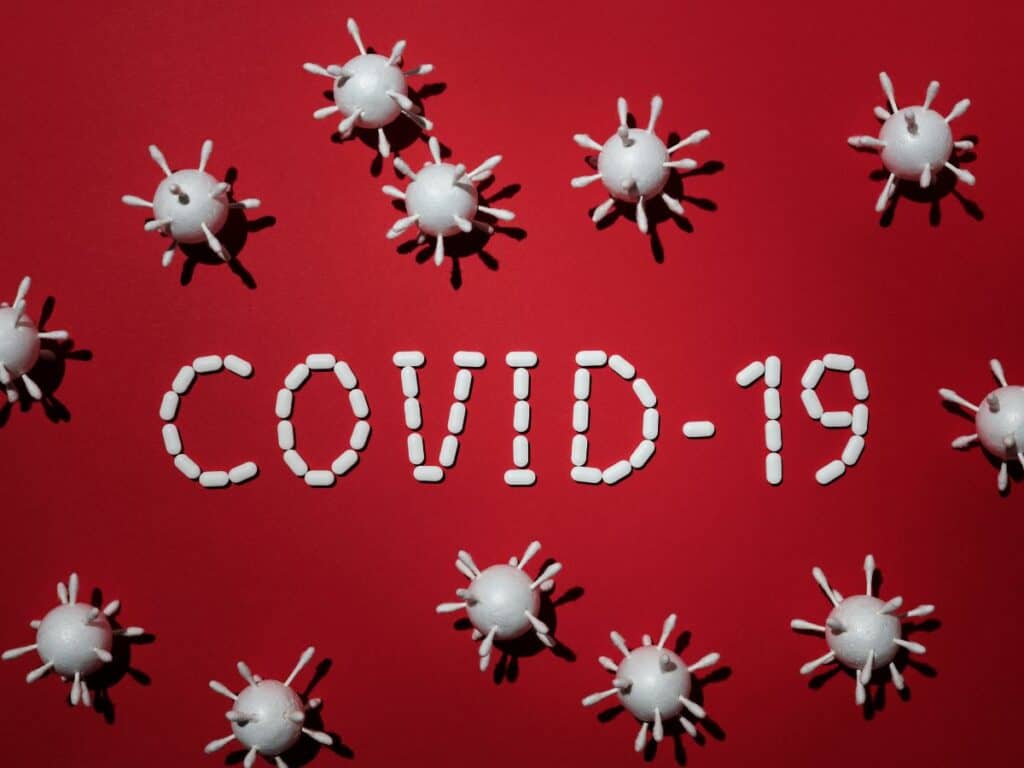We can do this.
Darfield 2010, Christchurch 2011, Seddon 2013, Kaikōura 2016. We have already had our lives turned upside-down. And, as a nation, we have come through.
Large earthquakes are a different kind of shock from a global pandemic, but their occurrence in New Zealand over the last decade means we are well-practised at living with uncertainty, being prepared and flexible, adapting to rapidly-evolving situations, and calling on our individual and community resilience to cope with trauma.
Features that helped us through those earthquakes – good leadership, sound science, dedicated healthcare professionals, tight communities and a Kiwi-sized dose of ingenuity – are still abundant in Aotearoa and will help us make it through the current Covid-19 pandemic.
At government level, New Zealand’s leadership is, as far as I’m concerned, among the best in the world. Thank you, Jacinda and your team, for being able to distinguish fact from fiction, for knowing who the experts are and listening to them, for engaging with the science, for putting money where it is needed and for calmly making excellent decisions quickly.
Good leadership flourishes across Aotearoa at all levels. Often behind the scenes, leaders have organised the rebuild of a city and many roads and railways after earthquakes, cleared farmland after floods, and rebuilt communities after fires. Marae have opened their doors, finding homes for the homeless and food for the hungry. It is never easy, but we know there are good leaders who will respond to Covid-19 in New Zealand. Let’s stay ahead of the game, get behind them, and follow official advice to ensure New Zealand has the best possible outcome from this global disruption.
New Zealand is producing its own excellent science on Covid-19. Many scientists and medical professionals are working hard to provide accurate information.
Siouxsie Wiles, I’ve read all your articles on The Spinoff and I still can’t spell your name, but I do know much more about Covid-19 and I feel like writing you a fan letter. Thank you for all the information you’ve delivered over the last three weeks with authority, clarity, enthusiasm, a welcome dose of emotion, and also for an occasional letter to a politician.
Michelle Dickinson, you gave my boys a “eureka” moment with your Nanogirl experiment that demonstrates why we use soap when we wash our hands. I am grateful they’ve discovered that before they head into adolescence, let alone as they head into a pandemic. I’m a fan of yours, too, Nanogirl.
This gratitude is how some people felt towards GeoNet after the earthquakes. And I hope you’ve noticed that when you remove the catastrophic headlines and identify the facts from the fake news, it is easy to feel reassured by the science, and even empowered. There are some simple measures we must all take to keep ourselves and others safe. End of story.
Our healthcare professionals are a dedicated force. They don’t have the numbers or resources of some countries, but they do have a track record of responding impressively to sudden shocks. Tragically, they have had too much practice recently with the Christchurch mosque shootings and the Whakaari eruption. We must all do our bit to reduce their load.
Communities coming together in times of trouble is a familiar narrative in Aotearoa. We are good at this. Stable parts of the country may not have had much earthquake-induced practice, but your cousins on shaky ground are happy to be good role models for you. Think back to Takahanga Marae in Kaikoura, which served over 10,000 meals in the week immediately after the earthquake. Think back to the Student Volunteer Army and the “Farmy Army” who provided so much physical help and moral support after the earthquakes in Christchurch. I was so happy to hear that the Wellington Student Volunteer Army is already gearing up to help with the Covid-19 response.
There is nothing Kiwis are more famous for than their ingenuity. Think back to the post-earthquake “normal”. People lived in tents or at work if homes were damaged, and worked from home if it was their offices that were out of order. Domestic toilets became shared Portaloos down the end of the road. People walked or biked because roads were too mangled. We shopped at malls made out of shipping containers. Art took to the streets because galleries were closed. Bands played in parks because bars were closed. Empty lots got kitted out with makeshift stages for dancing or with gardens to provide vegetables. Isolated communities had supplies delivered by helicopter, wheelbarrow, or ship. Sound familiar? We’ve done this all before – we can do it again.
One thing we can do better this time around is to look after our mental health. At times of crisis our health can be compromised because routines are thrown out the window and, as we get busy responding to the crisis, we forget to prioritise our basic needs. In addition, we may start living in fear – fear of sickness, fear of death, fear of the unknown – and too long spent living this way leads to burn-out and illness.
My consistent advice for earthquakes – “don’t be scared, be prepared” – is sounding very familiar right now. We are being told not to panic over the pandemic. Obviously, we don’t want panic-buying to lead to a temporary shortage of goods, but there is a more important reason to respond calmly to this pandemic. Fear triggers a chemical response in the body that enables us to respond to danger in a physical way – by fighting, fleeing or freezing. It is designed to give us a brief period of extra strength and speed. It is a human superpower, very useful for fighting off an attacker or running from an out-of-control vehicle.
It is not needed for more than a few minutes, and it is not needed when facing Covid-19. When we are in “fight-or-flight” mode other abilities such as clear thinking, good digestion, and repairing the body are compromised. The “rest, digest, repair” mode is what we need most of the time, especially right now, as this new normal may be around for some time. To get out of fear mode, don’t fuel the fire. Our brains are biased towards consuming negative information so we need to consciously feed them positive information as a counterbalance. Caremongering is better for us than scaremongering.
Limit your news intake to your usual amounts and to sources you trust. Ensure your social media activities are of the humorous and uplifting kind, allow yourself time for enjoyable activities and prioritise basic health needs.
My favourite description of the brain’s basic needs comes from Nigel Latta’s The Curious Mind: sleep, good fuel, exercise, relationships, and challenges. The list sounds simple, but it can be hard to maintain at times like this.
- If you are having trouble sleeping, try making time in the evening for your favourite relaxing activities. Limit your media intake. Get some Headspace before bed.
- Good fuel means eating healthily, drinking water, and making sure you have supplies at home to get you through a period of self-isolation.
- Thankfully the ground is not moving in aftershocks for this crisis, so we can be outdoors and feel like the world is normal. Get outside. Preferably where there’s some greenery and not many people. It’s easy to practise social distancing while out for a walk.
- Keep in touch with people with good, old-fashioned phone calls. Get creative about socialising at a distance, like the Italians singing across streets from balconies. Relish the extra time you have with children, pets, and family.
Get prepared. Embrace the new normal. There will be some very hard times. If you can, help people less fortunate than you. The challenges will be in many respects different from an earthquake recovery, but there is good reason for hope given New Zealand’s track record of coming together with creativity and compassion. Now is the time to start drive-in movies, make tin-can telephones with the kids, laugh, dance, and sing from our front lawns. I look forward to witnessing the kind and ingenious things Kiwis discover to get us through.

